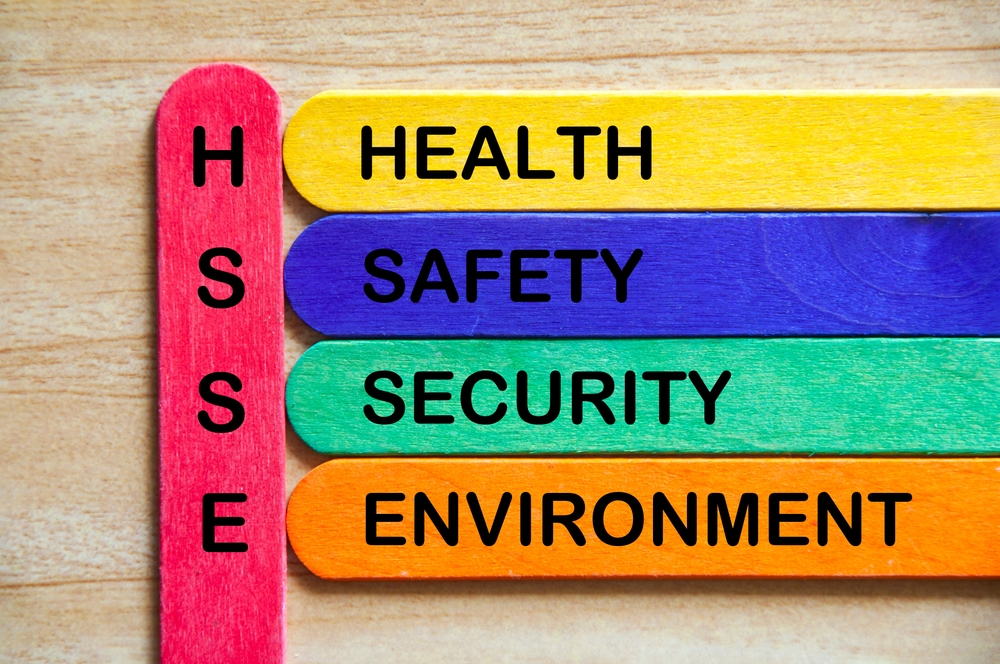

This course is an important module that needs to be pursed in order to attain a Diploma in Occupational Health and Safety Management (OHS). It equips the learners with relevant information and practical experience to effectively handle health, safety and compliance issues, making the workplace safer.
| City | Start Date | End Date | Fees | Register | Enquire | Download |
|---|---|---|---|---|---|---|
| Jakarta | 23-06-2025 | 27-06-2025 | 4950 $ | Register | Enquire | |
| London | 30-06-2025 | 04-07-2025 | 6200 $ | Register | Enquire | |
| Kuala Lumpur | 07-07-2025 | 11-07-2025 | 4950 $ | Register | Enquire | |
| Cairo | 14-07-2025 | 18-07-2025 | 3950 $ | Register | Enquire | |
| Casablanca | 21-07-2025 | 25-07-2025 | 4950 $ | Register | Enquire | |
| Madrid | 04-08-2025 | 08-08-2025 | 6200 $ | Register | Enquire | |
| Sharm El Sheikh | 11-08-2025 | 15-08-2025 | 3950 $ | Register | Enquire | |
| Amsterdam | 18-08-2025 | 22-08-2025 | 6200 $ | Register | Enquire | |
| Casablanca | 25-08-2025 | 29-08-2025 | 4950 $ | Register | Enquire | |
| Madrid | 01-09-2025 | 05-09-2025 | 6200 $ | Register | Enquire | |
| Dubai | 08-09-2025 | 12-09-2025 | 4300 $ | Register | Enquire | |
| Cairo | 15-09-2025 | 19-09-2025 | 3950 $ | Register | Enquire | |
| Kuala Lumpur | 22-09-2025 | 26-09-2025 | 4950 $ | Register | Enquire | |
| Vienna | 29-09-2025 | 03-10-2025 | 6200 $ | Register | Enquire | |
| Dubai | 06-10-2025 | 10-10-2025 | 4300 $ | Register | Enquire | |
| Casablanca | 13-10-2025 | 17-10-2025 | 4950 $ | Register | Enquire | |
| Cairo | 27-10-2025 | 31-10-2025 | 3950 $ | Register | Enquire | |
| Casablanca | 03-11-2025 | 07-11-2025 | 4950 $ | Register | Enquire | |
| Madrid | 10-11-2025 | 14-11-2025 | 6200 $ | Register | Enquire | |
| London | 24-11-2025 | 28-11-2025 | 6200 $ | Register | Enquire | |
| Madrid | 01-12-2025 | 05-12-2025 | 6200 $ | Register | Enquire | |
| Kuala Lumpur | 08-12-2025 | 12-12-2025 | 4950 $ | Register | Enquire | |
| Paris | 15-12-2025 | 19-12-2025 | 6200 $ | Register | Enquire | |
| Amsterdam | 22-12-2025 | 26-12-2025 | 6200 $ | Register | Enquire |
The need for rigorous occupational health and safety (OHS) training in the oil industry is underscored by significant incidents such as the 2010 Deepwater Horizon explosion, the 2005 Buncefield oil depot explosion, the 1988 Piper Alpha disaster, and the 2005 BP Texas Refinery explosion. These events highlight the critical importance of robust safety practices.
Despite considerable investments in training Team Leaders, Managers, Engineers, and Supervisors on improved production methods, incidents continue to occur, resulting in human and financial losses. This OHS course aims to address these issues by enhancing occupational health and safety practices.
Participants will gain a thorough understanding of OHS concepts and develop skills to improve safety within their organization. The course focuses on optimizing performance through better delegation of authority and responsibility, covering areas such as Safety Management Systems, Hazard Management, and Process Safety Management.
At the end of this Occupational Health and Safety (OHS) course, participants will be able to:
Unit 1: Health, Safety, and Environment Management and Related Studies
Unit 2: Building Blocks of Process Safety
Unit 3: Hazards and Controls
Unit 4: Hydrocarbon Process Safety
Unit 5: Risk Assessment Techniques
Unit 6: Fire Protection and Emergency Response
Unit 7: Construction Safety Management
Unit 8: Safety and Health in Construction
Unit 9: Health & Safety for Scaffolding
Unit 10: Safety Advisor Development



















